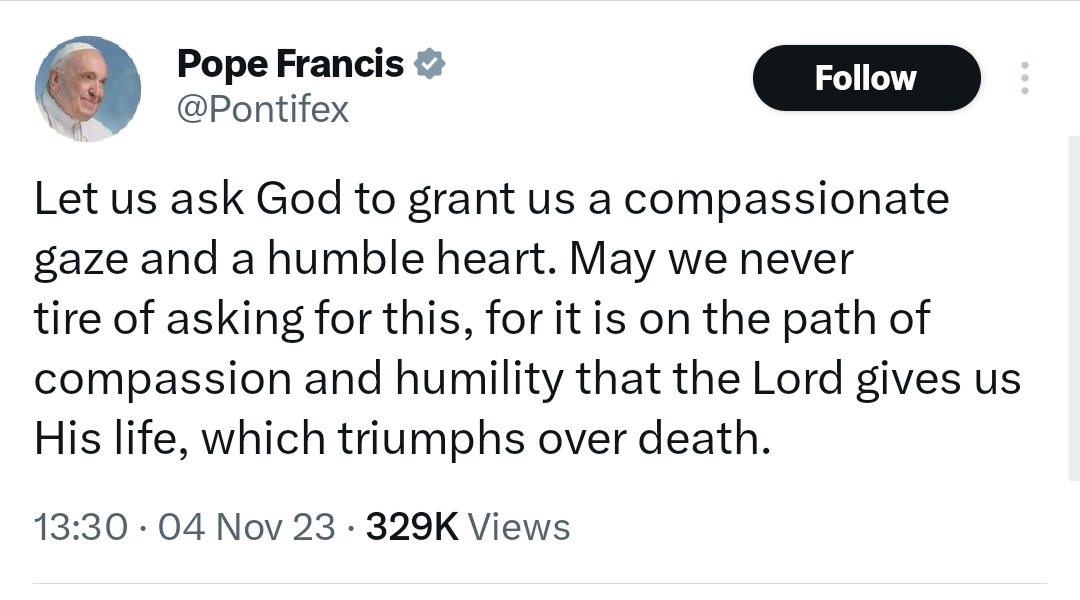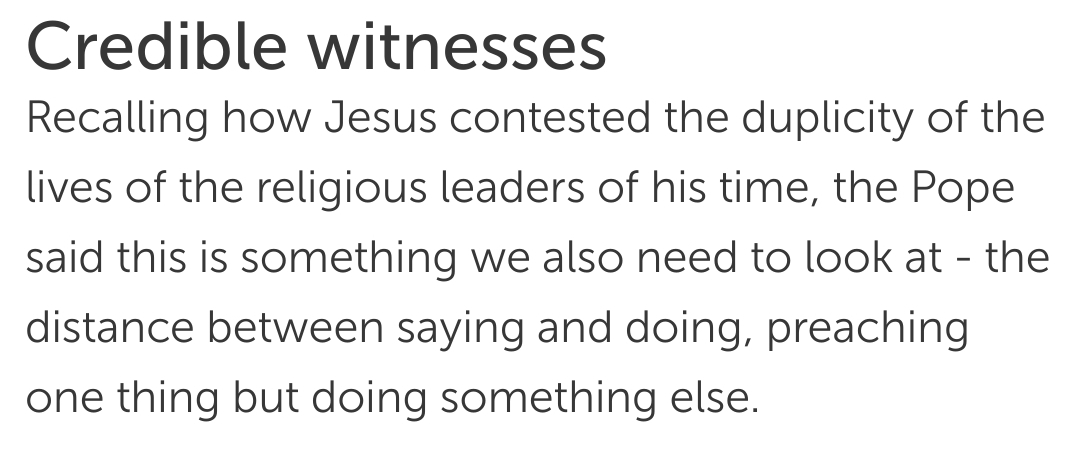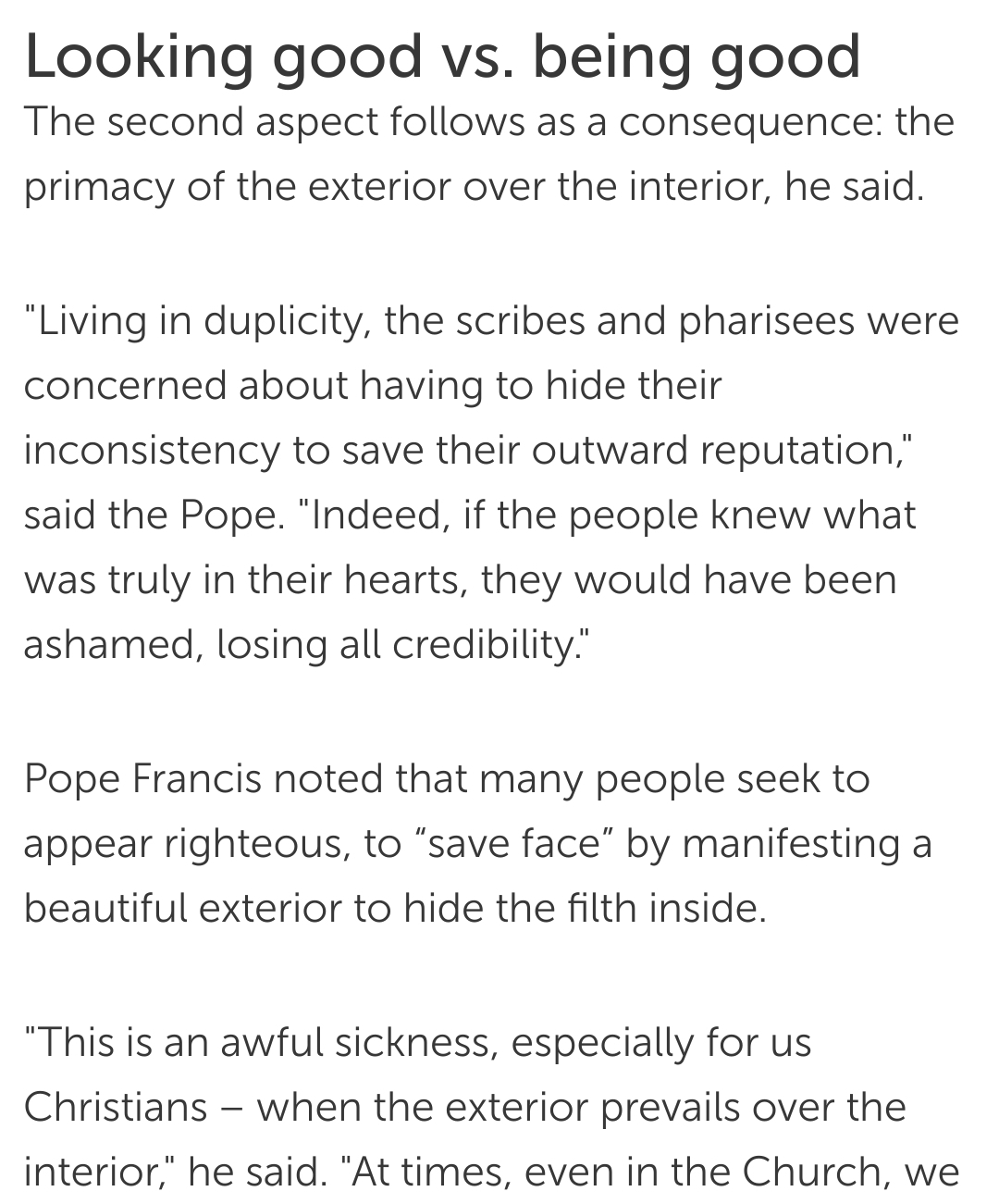Gospel of the day
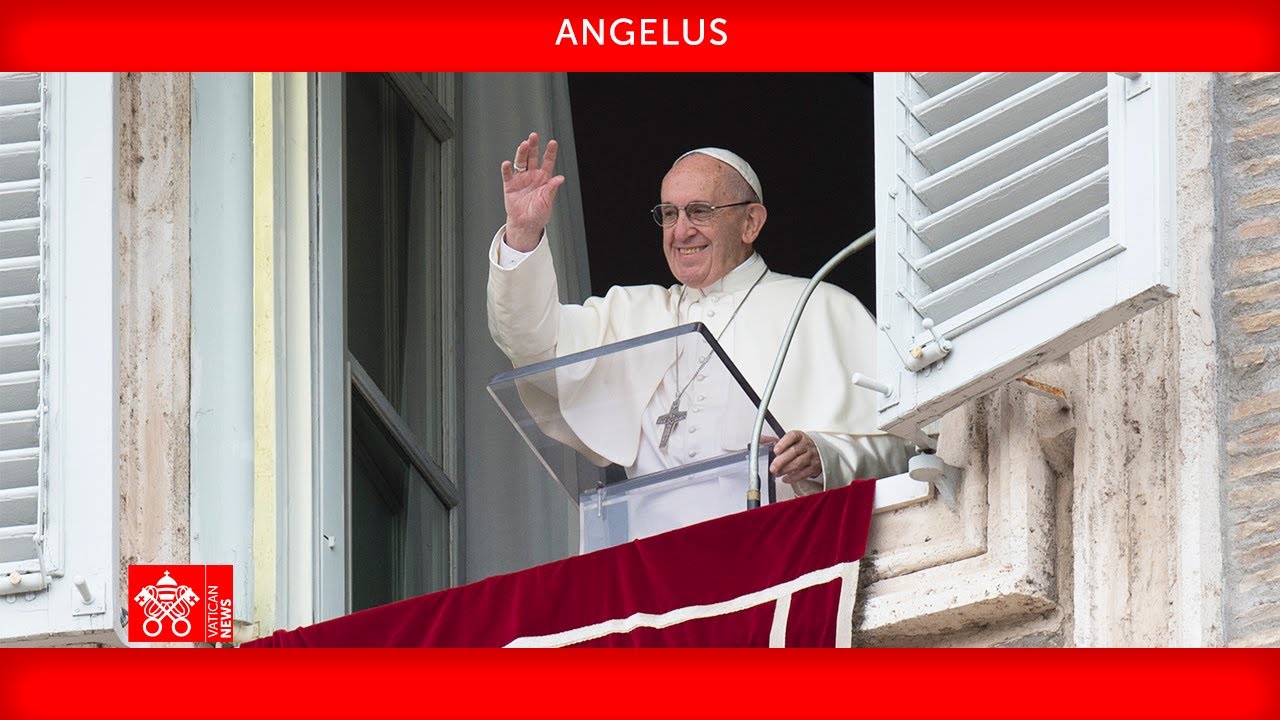 youtu.be
youtu.be
We've ended the book of Micah yesterday, and the four chapters of the book of Jonah have already been discussed here, here, and there, so let's begin(, and end), the book of Obadiah, only one-chapter long, it only talks about the future destruction of Edom :
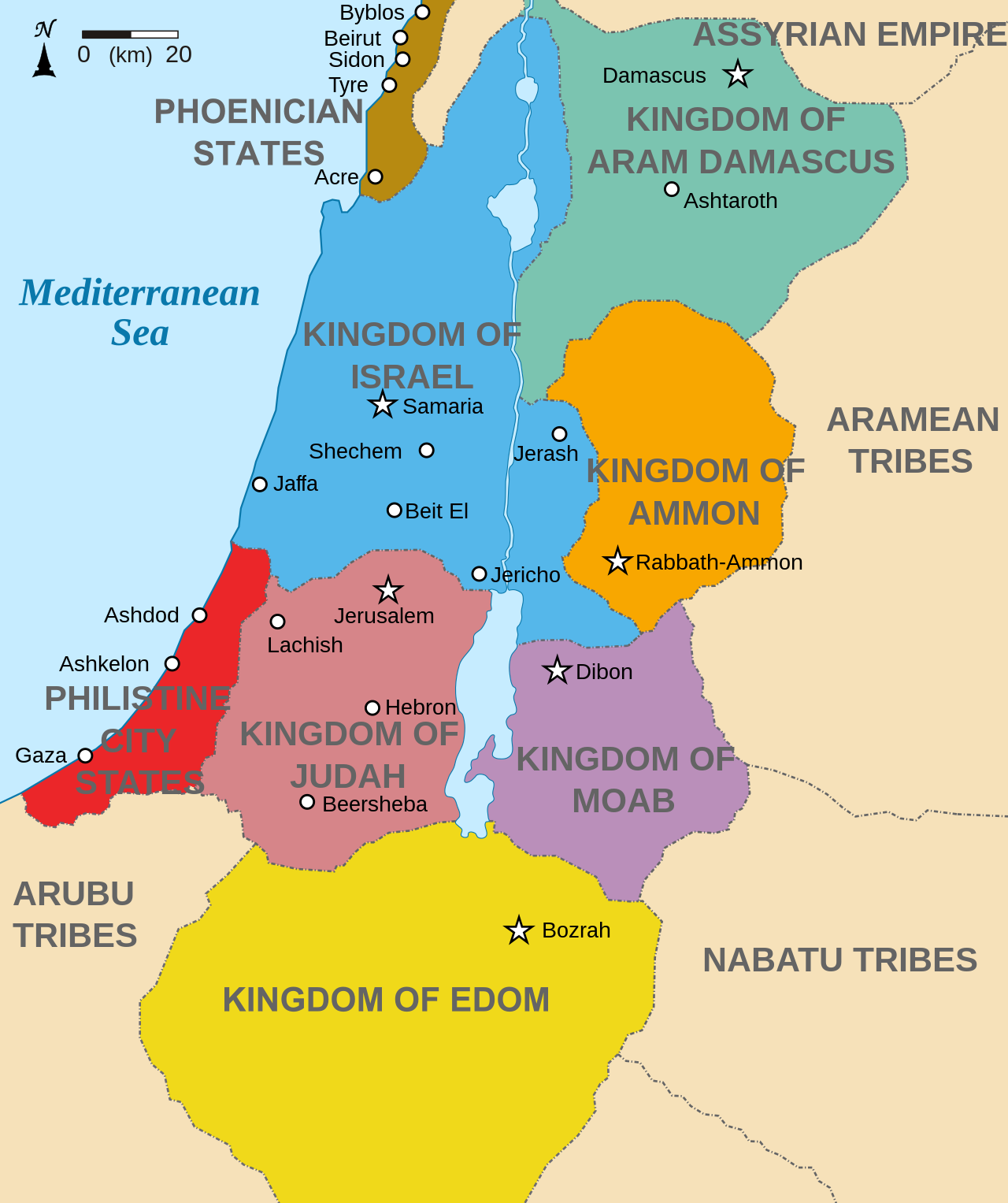
Obadiah 1:10-14 :
You were cruel to your relatives, the descendants of Jacob. Now you will be destroyed, disgraced forever.
You stood there and watched as foreigners entered Jerusalem and took what they wanted. In fact, you were no better than those foreigners.
Why did you celebrate when such a dreadful disaster struck your relatives ?
Why were you so pleased when everyone in Judah was suffering ?
They are my people, and you were cruel to them. You went through their towns, sneering and stealing whatever was left.
In their time of torment, you ambushed refugees and handed them over to their attackers.
The mention of the wine at the sixteenth verse interestingly points to a symbology :
I forced the people of Judah to drink the wine of my anger on my sacred mountain.
Soon the neighboring nations must drink their fill— then vanish without a trace.
It ends by saying that Israel will conquer all of its neighbours(, which makes them no better than the others) : Obadiah 1:19-21 :
The people of Israel who live in the Southern Desert will take the land of Edom.
Those who live in the hills will capture Philistia, Ephraim, and Samaria.
And the tribe of Benjamin will conquer Gilead.
Those who return from captivity will control Phoenicia as far as Zarephath.
Captives from Jerusalem who were taken to Sepharad will capture the towns of the Southern Desert.
Those the Lord has saved will live on Mount Zion and rule over Edom.
John 8:3-11 :
The Pharisees and the teachers of the Law of Moses brought in a woman who had been caught in bed with a man who wasn't her husband.
They made her stand in the middle of the crowd. Then they said, “Teacher, this woman was caught sleeping with a man who isn't her husband. The Law of Moses teaches that a woman like this should be stoned to death ! What do you say ?”
They asked Jesus this question, because they wanted to test him and bring some charge against him. But Jesus simply bent over and started writing on the ground with his finger.
They kept on asking Jesus about the woman. Finally, he stood up and said, “If any of you have never sinned, then go ahead and throw the first stone at her !”
Once again, he bent over and began writing on the ground.
The people left one by one, beginning with the oldest.
Finally, Jesus and the woman were there alone.
Jesus stood up and asked her, “Where is everyone ? Isn't there anyone left to accuse you ?”
“No sir,” the woman answered.
Then Jesus told her, “I am not going to accuse you either. You may go now, but don't sin anymore.”
[I know quite a few people who left their wives after being cheated on, even if they said that their wives regretted it and wanted to stay with them. I still don't get it, they left her against her will because they didn't trust her anymore, what i don't get is that it's the kind of trust when you fear that she may leave you for someone else, hence it's somehow reassuring to be 100% sure that she leaves you by leaving her first, i can only understand the fear of being cheated on through the fear of being left, pointing out that you end up raising the children of other isn't enough for an explanation, i probably don't get it because i don't care enough about these topics, whatever, useless note sorry. The Quran punishes both the male&female, and only if there are enough witnesses, there was only one person(source) stoned for adultery in the 600 years of the Ottoman empire, a.f.a.i.k. the common punishment was a hundred lashes, and, a.f.a.i.k. once again, it was similar in medieval Europe, although with a stronger focus on imprisonment like nowadays(, often in a covent).]
Surah Al-Baqarah(, "The Cow") 2:196-203 :
And perform properly the Hajj and ‘Umrah(, pilgrimages) for God.
But if you are prevented( from completing them), sacrifice an animal(, sheep, cow, or camel, Hady also means guide in arabic and is a human name,) such as you can afford, and do not shave your heads until this animal/hady reaches the place of sacrifice.
And whosoever of you is ill or has an ailment in his scalp(, necessitating shaving), he must pay a ransom of either observing fasts(, three days), or giving charity(, feeding six poor persons), or offering sacrifice(, one sheep).
Then, if you are in safety and whosoever performs the ‘Umrah in the months of pilgrimage before (performing )the Hajj/pilgrimage(, i.e. Hajj-at-Tamattu‘ and the "classic" Hajj Al-Qirân), he must slaughter an animal(/hady) such as he can afford, but if he cannot afford it, he should observe fasting three days during the pilgrimage, and seven days after his return( to his home), making ten days in all.
This is for him whose family is 'not present in'/'non-resident of' Makkah. And fear God much and know that God is Severe in punishment.
The pilgrimage is (in )the well-known (lunar year )months(, the 10th month, the 11th month, and the first ten days of the 12th month of the Islâmic calendar, i.e. two months and ten days).
So whosoever intends to perform the hajj/pilgrimage therein, then he should not have sexual relations, nor commit sin, nor dispute unjustly during the pilgrimage.
And whatever good you do, (be sure )God knows it.
And take a provision( with you) for the journey, but the best provision is piety/righteousness. So fear Me, O men of understanding!
There is no sin on you if you seek the Bounty of your Lord( during pilgrimage by trading). Then, when you leave ‘Arafât(, well known place near Makkah), remember God( by glorifying His Praises, i.e., prayers and invocations,) at the Mash‘ar-il-Harâm(, another well-known place near Makkah, where pilgrims have to stop and stay for the whole night of the 10th of Dhul-Hijjah, or a great part of it).
And remember Him(, by invoking God for all good,) as He has guided you, and verily, you were, before, of those who were astray.
Then depart from the place whence all the people depart and ask God for His Forgiveness.
Truly, God is Oft-Forgiving, Most-Merciful.
So, when you have accomplished your rites/ceremonies during your pilgrimage(, Manâsik), remember God as you remember your forefathers, or with a far more remembrance.
But of mankind there are some who say : "Our Lord ! Give us( Your Bounties) in this world !", and for such there will be no portion in the Hereafter.
And of them there are some who say: "Our Lord ! Give us in this world that which is good and in the Hereafter that which is good, and save us from the torment of the Fire !". For them there will be allotted a share for what they have earned. And God is swift at reckoning.
And remember God during the appointed Days(, 11th, 12th and 13th days of the month of Dhul-Hijjah).
But whosoever hastens to leave in two days, there is no sin on him ; and whosoever stays on, there is no sin on him, if his aim is to do good and obey/fear God, and know that you will surely be gathered unto Him.
[I had some hesitations at skipping this part, but i'm glad i kept it in the end]
Saints of the day :
Sts. Domninus, Teothimus, and Companions, Martyrs : Originally from Cesaria, these saints sacrificed their lives for their faith.
Domninus was a young doctor who died at the stake during the persecution of Diocletian.
Theotimus and his companions were martyred in the circus when they were fed to wild beasts.
